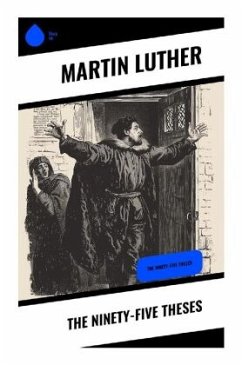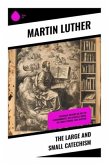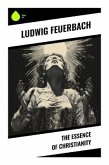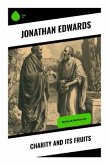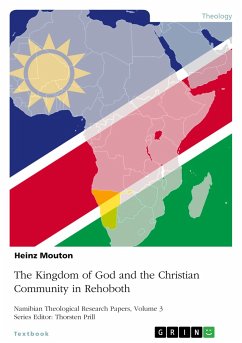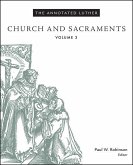Martin Luther's "The Ninety-five Theses" emerged in 1517 as a seminal text in the Reformation movement, challenging the prevailing practices of the Catholic Church. Written in a direct and accessible style, Luther's theses articulated a critique of indulgences and called for a return to biblical principles. His use of Latin, intended for scholarly debate, laid the groundwork for subsequent translations that reached wider audiences, catalyzing a religious upheaval marked by passionate discourse and fervent belief. The document exemplifies the era's theological tensions, as it sought to reconcile faith with emerging humanist ideas about individual conscience and the authority of Scripture. Luther, a monk and theologian, faced personal struggles with the Church's doctrines, which profoundly informed his decision to pen the theses. His journey from obscurity to prominence was fueled by growing concerns over ecclesiastical corruption and a longing for spiritual authenticity. Luther's experiences, including a profound inner conflict regarding salvation, greatly shaped his reformative thoughts, making him a pivotal figure in Christian history. For readers intrigued by the roots of modern Christianity or the dynamics of social reform, "The Ninety-five Theses" is an indispensable work. It not only enlightens the historical context of religious change but also invites contemporary reflection on faith, morality, and institutional authority.
Bitte wählen Sie Ihr Anliegen aus.
Rechnungen
Retourenschein anfordern
Bestellstatus
Storno

